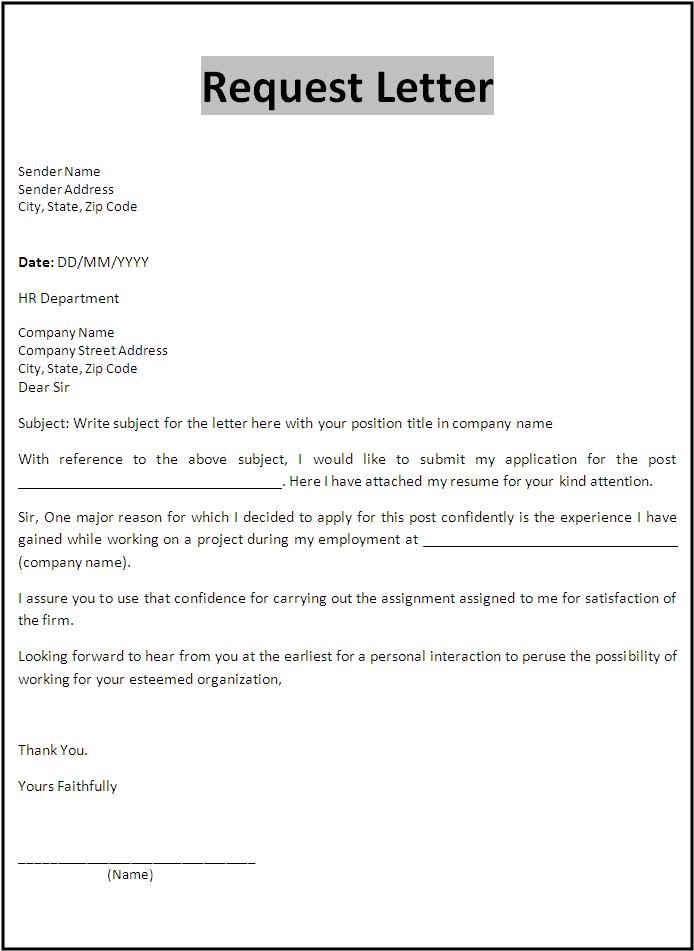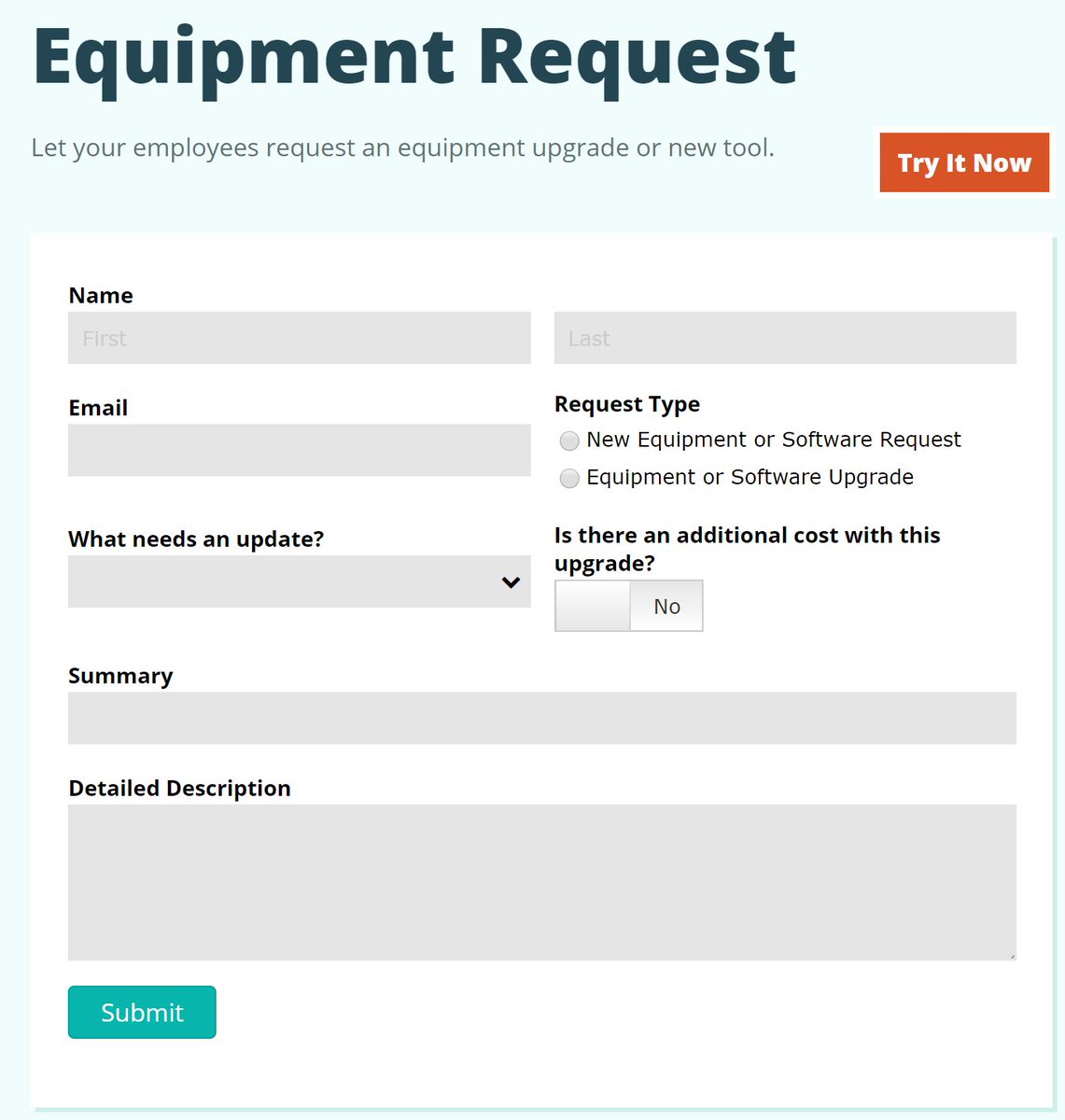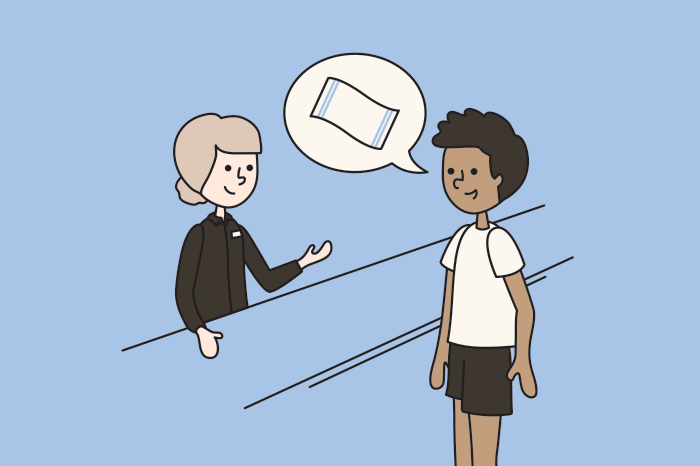In today’s fast-paced world, the ability to make effective requests is more crucial than ever. Whether you’re asking for help from a colleague, seeking a favor from a friend, or negotiating with a client, the way you phrase your requests can significantly impact the outcome. In 2024, mastering the art of requesting can not only enhance your communication skills but also strengthen your relationships and improve teamwork. This article delves into various strategies, insights, and examples to equip you with the tools needed to make impactful requests.

request
Understanding the Importance of Effective Requests
According to a recent study by the American Psychological Association, effective communication, which includes skilled requesting, is linked directly to successful interpersonal relations. Here are some key reasons that highlight the significance:

request
- Enhances Collaboration
- Builds Trust
- Improves Clarity
- Increases Likelihood of Compliance
Elements of an Effective Request
When crafting a request, consider the following elements to maximize effectiveness:

request
- Clarity: Be specific about what you are requesting.
- Context: Provide background information when necessary.
- Politeness: Approach your request with respect and courtesy.
- Gratitude: Acknowledge the person’s time and effort.
Infographic: The Anatomy of a Successful Request
| Component | High Effectiveness | Medium Effectiveness | Low Effectiveness |
|---|---|---|---|
| Clarity | Specific details provided | General information included | Vague and unclear |
| Context | Relevant background given | Some background shared | No context shared |
| Politeness | Respectful tone | Neutral tone | Rude or demanding tone |
| Gratitude | Thank you included | Acknowledgement lacking | No gratitude expressed |
Different Scenarios for Making Requests
A. Professional Context
In the workplace, making effective requests can lead to better teamwork and collaboration. For example, instead of saying, “I need this report,” try, “Could you please help me by providing this report by end of the day? It would greatly assist the team’s progress.” This approach not only clarifies the request but also emphasizes teamwork.

request
B. Personal Context
When asking friends for help, being personal and sincere can make a bigger difference. For instance, instead of a casual “Can you lend me money?”, consider a more personal approach: “I’m in a bit of a tight spot this month financially; would you be willing to lend me $100 until payday? I would really appreciate it.” This engages empathy and often yields better results.

request
C. Negotiation and Conflict Resolution
In negotiations, framing your requests with an understanding of the other party’s needs can lead to win-win outcomes. For instance, stating, “If you could lower the price to X, I would be more inclined to sign a long-term contract with you,” shows that you are considering their perspective while making your request clear.
Common Mistakes When Making Requests
Many people fall into the trap of making common mistakes that undermine their requests:
- Being Overly Demanding: This can alienate the other party.
- Lack of Specificity: Vague requests lead to confusion.
- Ignoring Timing: Choosing the wrong moment can negatively affect the outcome.
- Not Following Up: A follow-up can reinforce the request and show appreciation.
Evidence-Based Strategies to Improve Your Requests
Utilizing evidence-based techniques can make your requests more compelling.
- The “Foot-in-the-Door” Technique: Start with a small request before making a larger one.
- The “Door-in-the-Face” Technique: Begin with a large request that the person is likely to decline, then follow up with a more reasonable request.
- Reciprocity Principle: Offer something in return for the favor you are asking for. According to a publication by Social Science Research Network, this increases compliance significantly.
FAQ
- What are the key components of an effective request?
- How does tone affect the success of a request?
- Can context really change the outcome of a request?
- What should I avoid when making a request?
- How important is follow-up after making a request?
- Is it beneficial to express gratitude after a request?
- What is the “Foot-in-the-Door” technique?
- How do different cultures influence the way requests are made?


